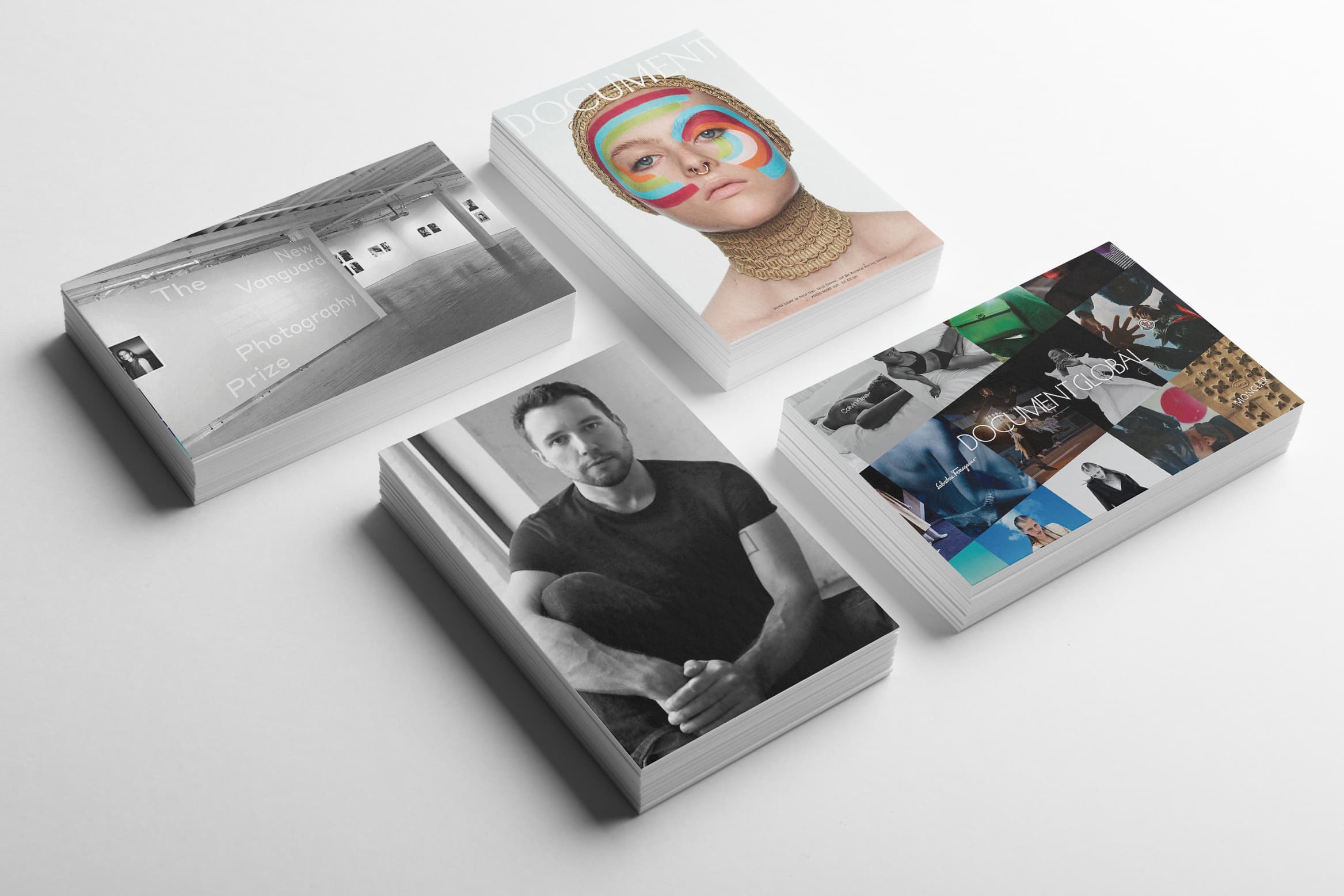As Document Journal celebrates a decade of creativity, we speak with founder and Editor-in-Chief/Creative Director Nick Vogelson about launching a new agency, Idea Culture, helping brands to connect with their audiences at a deeper level – and why ideas always come ahead of business plans.
By Mark Hooper
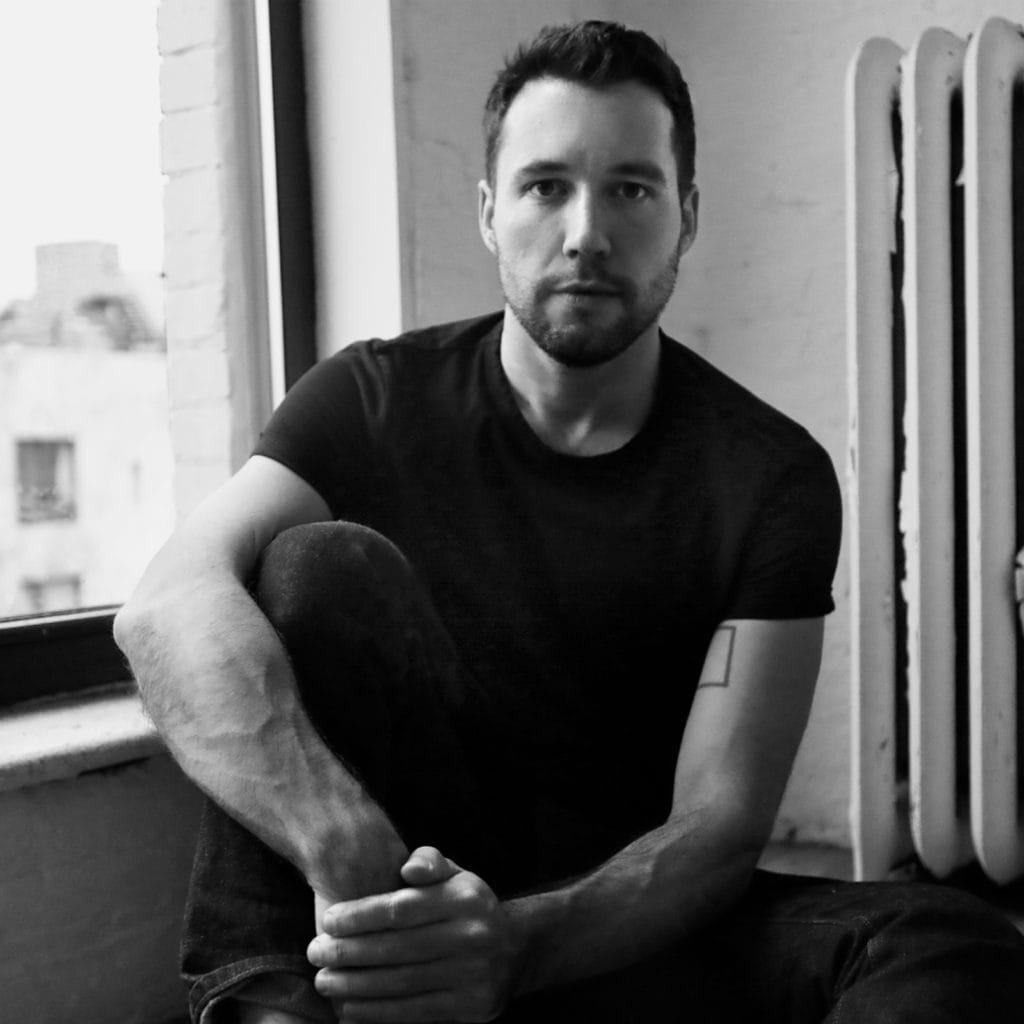
Having just celebrated the tenth anniversary of the title with a series of guest collaborations from contributors including Venetia Scott, David Sims, and Mario Sorrenti, we caught up with Document Journal’s founder, Nick Vogelson, to not only look back and take stock of the previous decade’s achievements but also to discuss the future of fashion communication, the state of the industry and why the time felt right for him to launch Document Journal, an advertising agency that seeks to lean on the strong relationships that Document has developed over the past ten years.
Mark Hooper: Firstly, Nick, congratulations on the anniversary – can you tell us how you celebrated?
Nick Vogelson: Thank you! Simply being able to do what we do – tell stories from cultures across the spectrum – is celebration enough for us. But we’ve also just co-hosted a lovely dinner in London with Sofia Prantera to celebrate the shared 10-year anniversaries of Document and her brand Aries.
We’re also celebrating with the launch of Idea Culture – a creative and advertising agency that brings the DNA and cultural exploration of Document Journal to new heights.

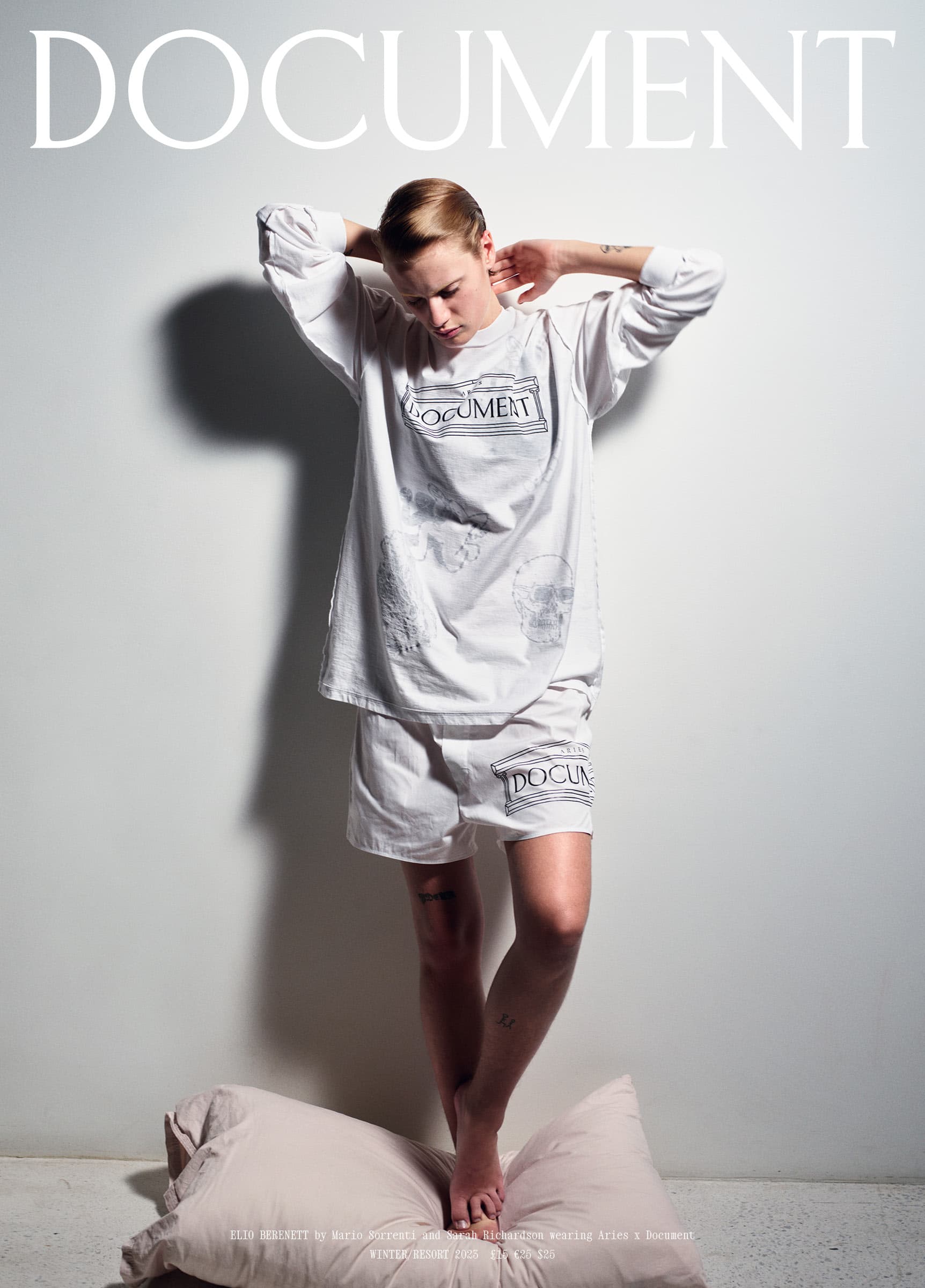
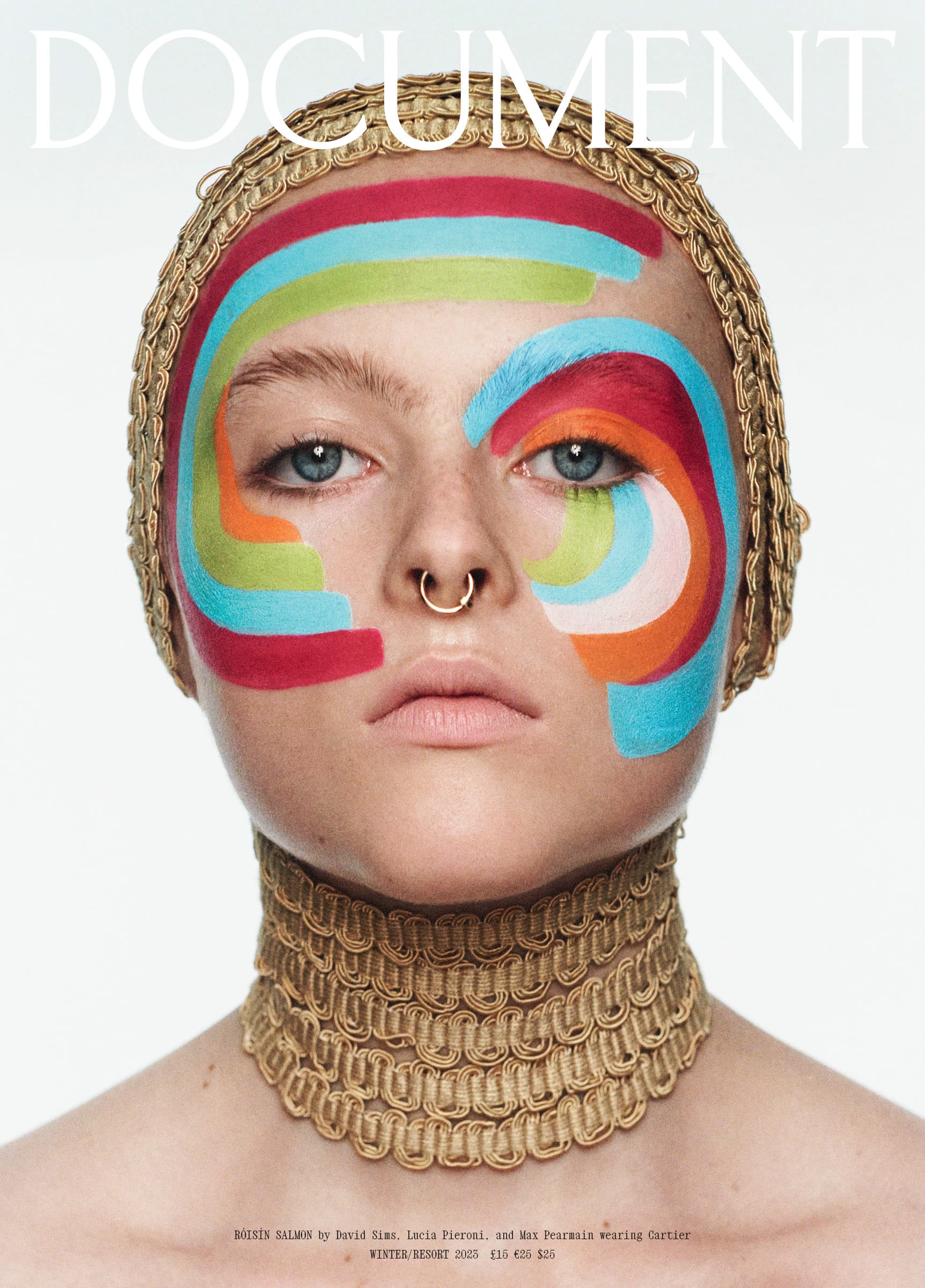
Mark Hooper: That’s big news too, and definitely want to hear more. Before diving in, curious as the media landscape has changed enormously over the last decade. We are constantly hearing that print media is dead. What is your response to that?
Nick Vogelson: Are we still hearing that? That felt prevalent a few years ago, but I must admit, I think we’ve moved on. Everyone is so excited to take a step back from the metaverse and live in the real!
In all honesty, though, each one of us can find a favorite book or fashion editorial, or magazine feature on our shelves. Trying to track down that story you once liked online is next to impossible.
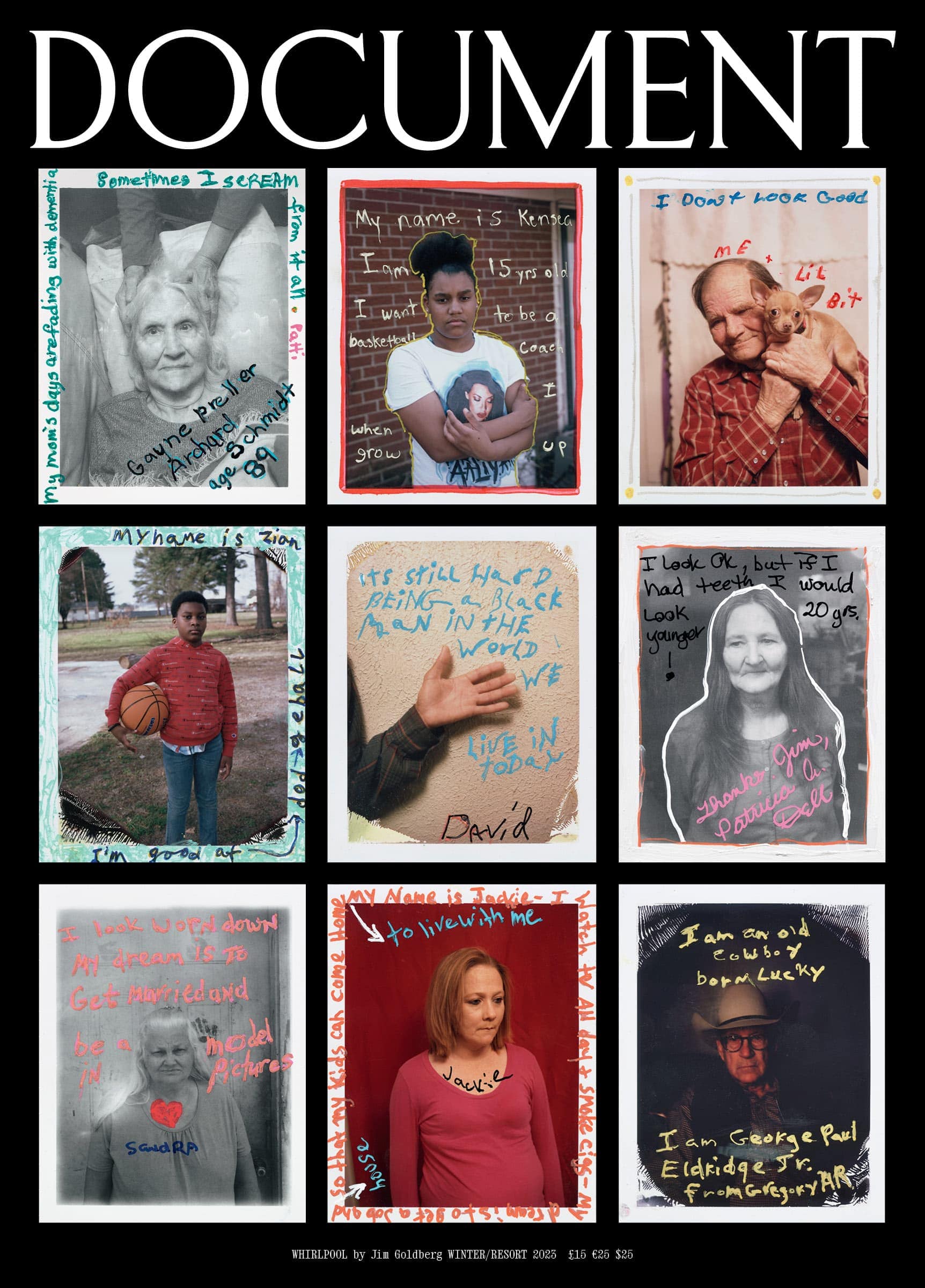
Mark Hooper: Fair point. To backtrack a little, can you tell us about the DNA of Document as you see it – how you have stayed to your original vision?
Nick Vogelson: Document’s DNA is to show the beauty in the world around us, with a focus on the power of the raw and unfiltered. The purpose of Document is to, well, document the world around us – to create a record of our times, now, in the past, and in the future. More specifically, we highlight points of view – whether artistic or cultural – that change the way we see the world. Document is both a noun and a verb.
Documents are a source of record, they can be preserved and studied, and loved, and they can live on forever in the cultural lexicon.
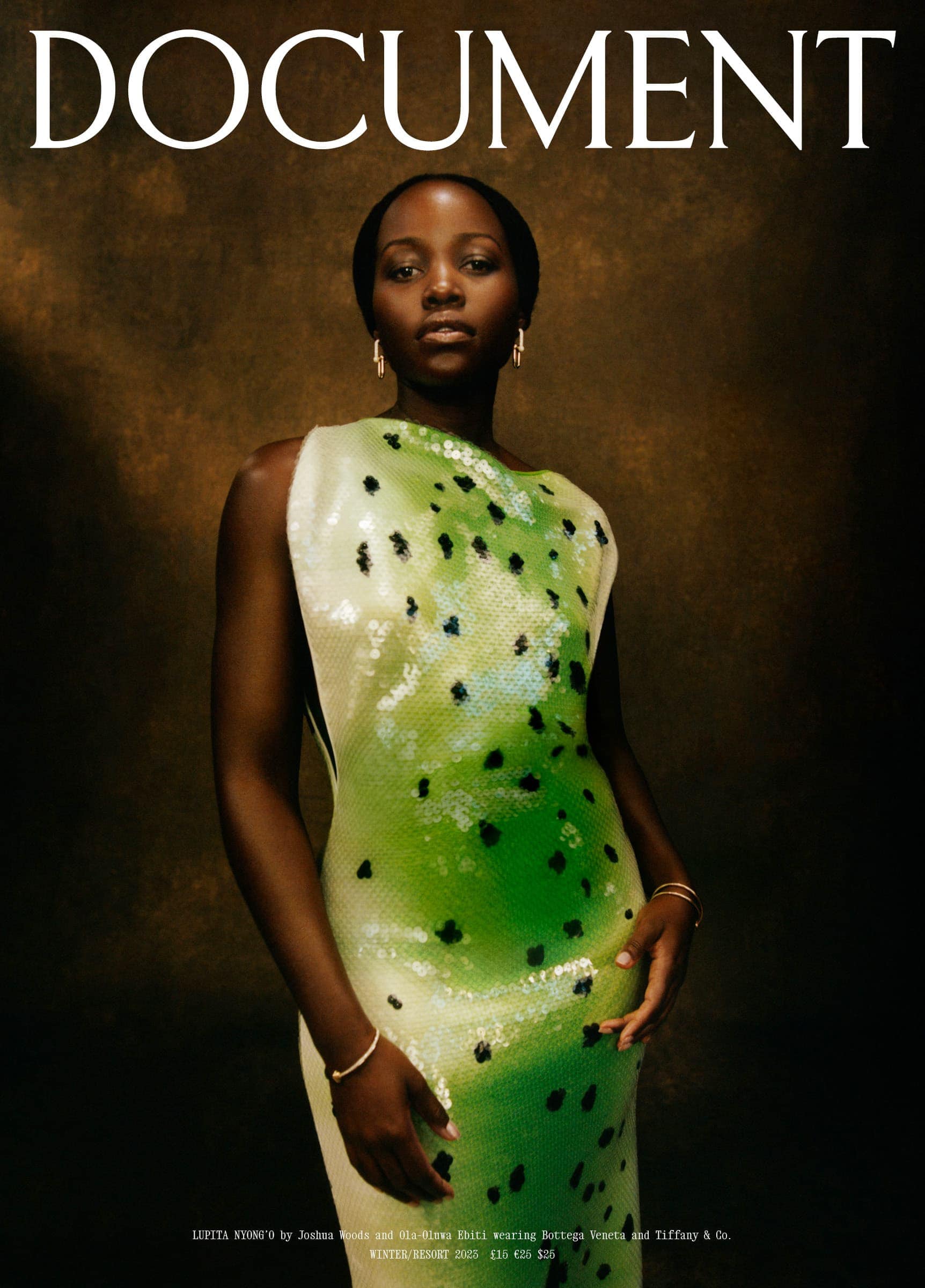
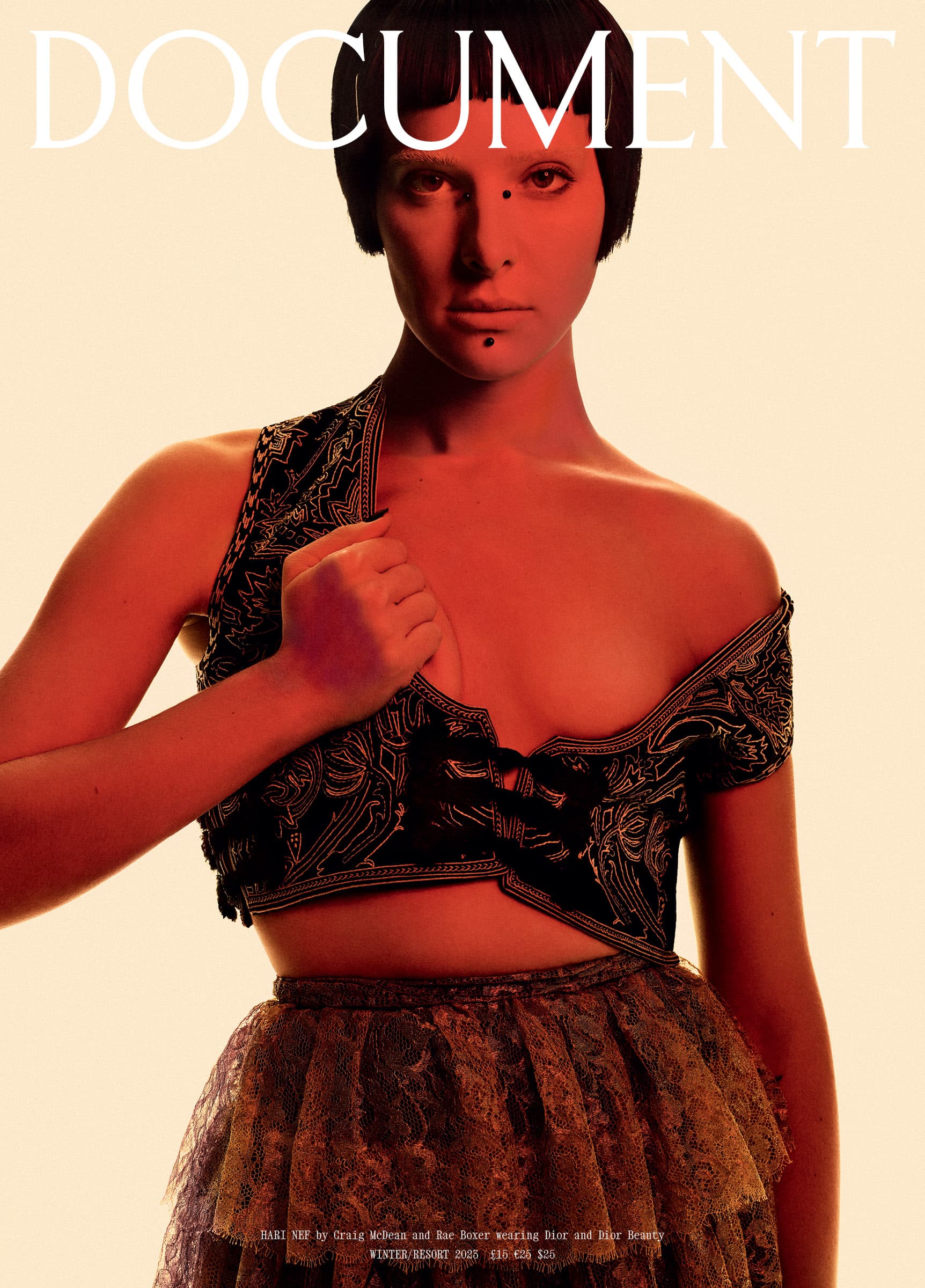
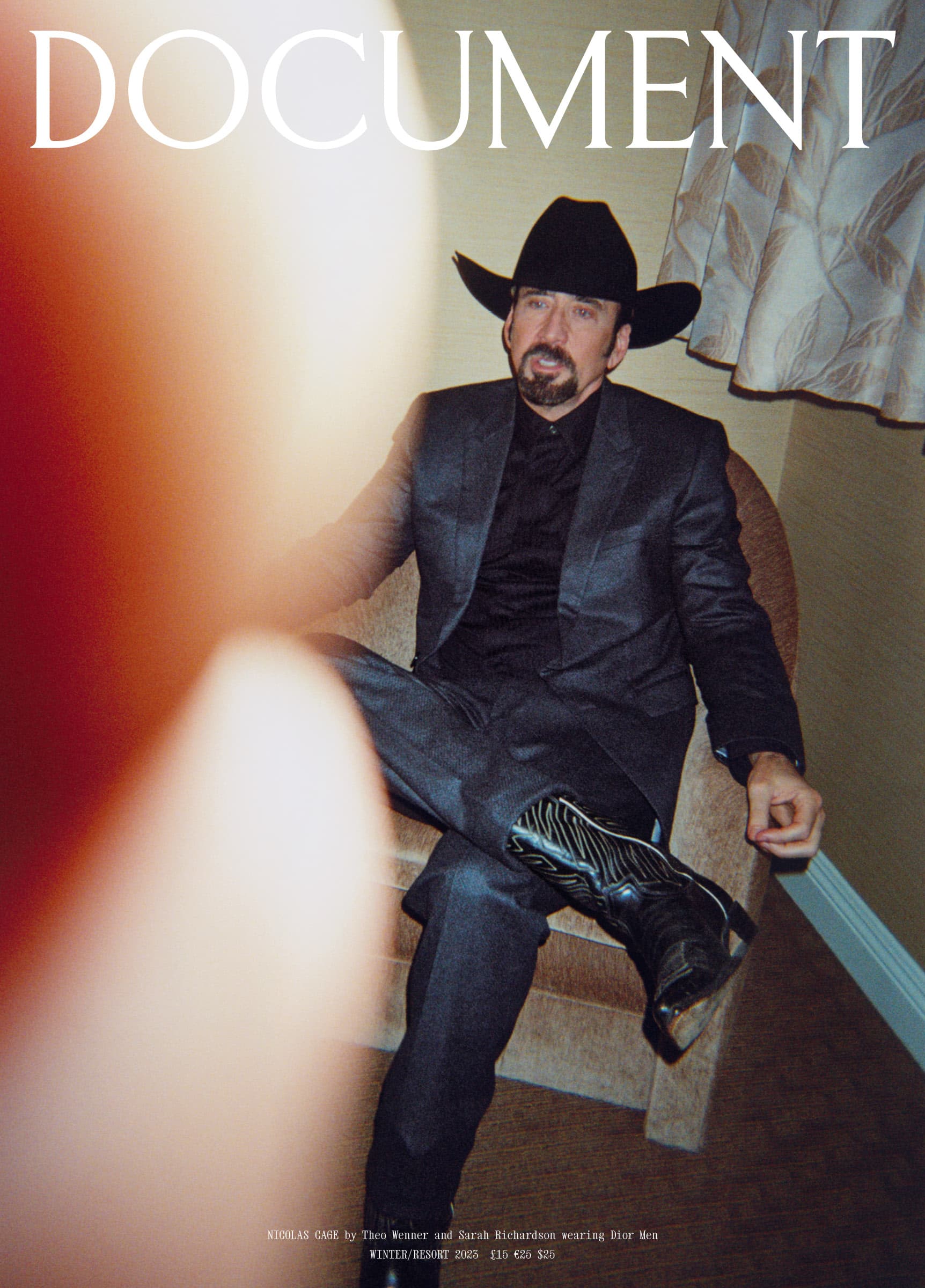
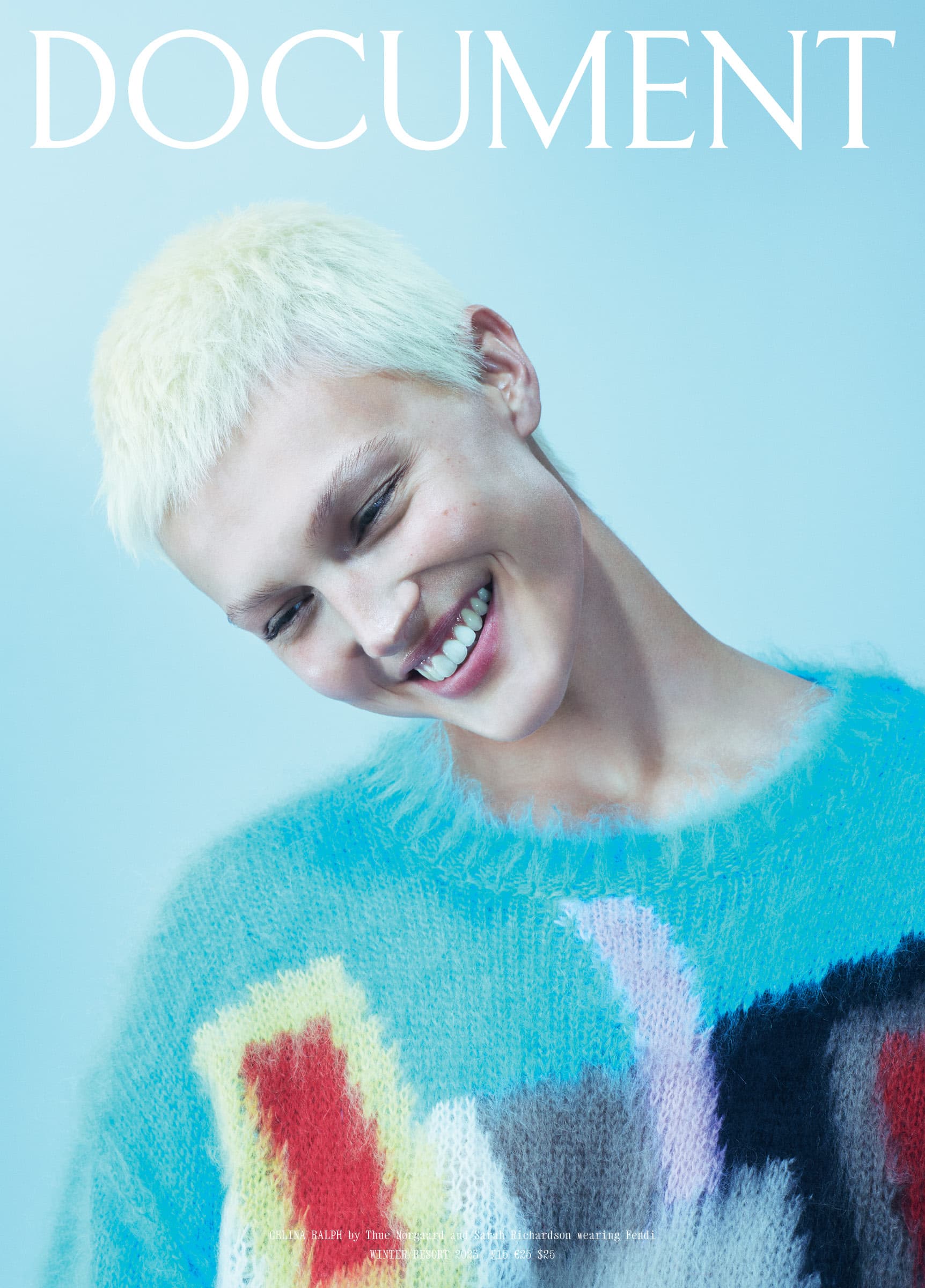
Mark Hooper: Sounds holistic. Without giving away any trade secrets, what was the business model for the title? And have you seen new opportunities emerging through – or – since lockdown?
Ideas come first, business comes second. We lead with what inspires us, and we love connecting these ideas to the philosophies of the brand partners we work with.
– Nick Vogelson, Founder of Document Journal
Nick Vogelson: In terms of our business model, we’re equally invested in digital, print, events, and now, Idea Culture.
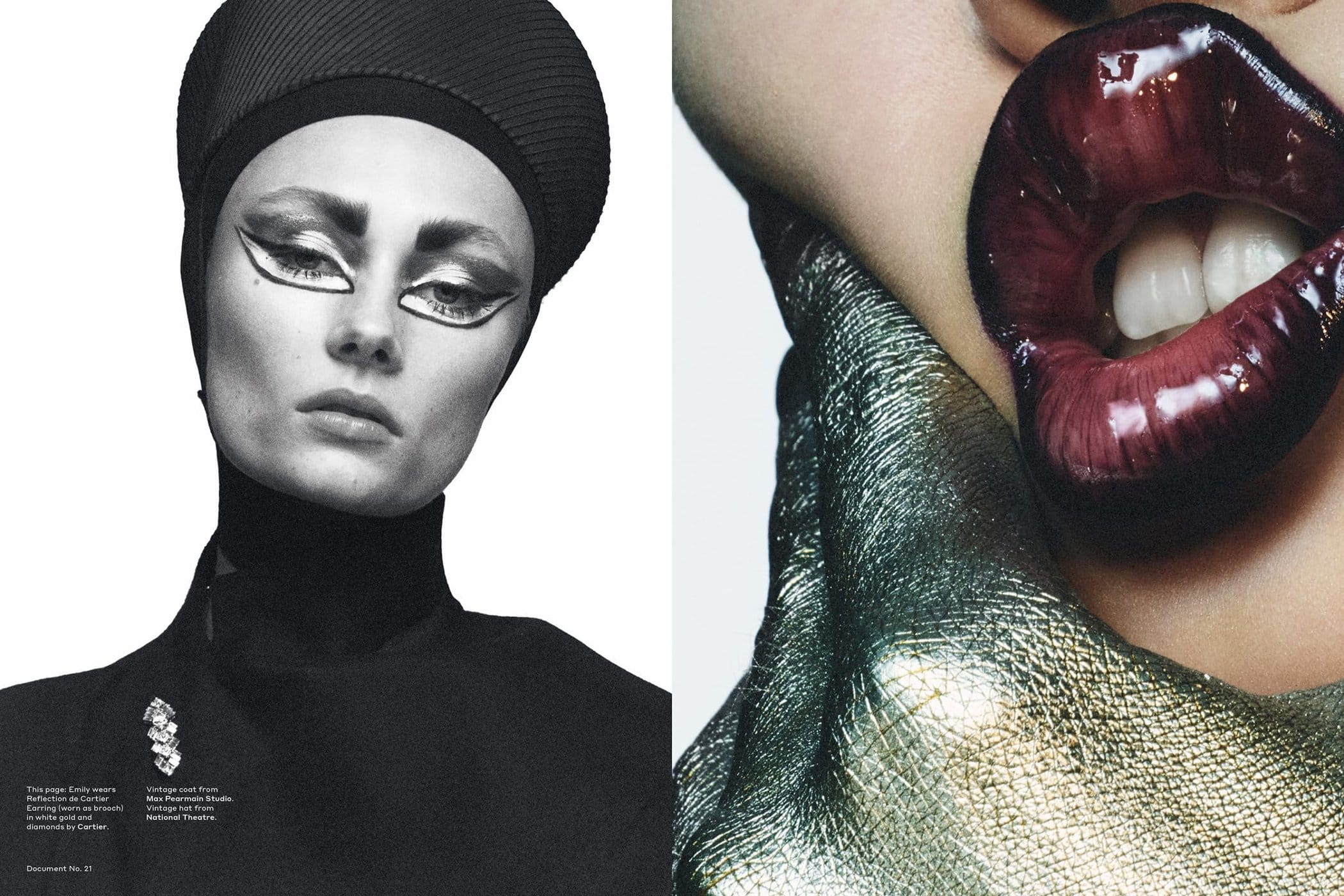
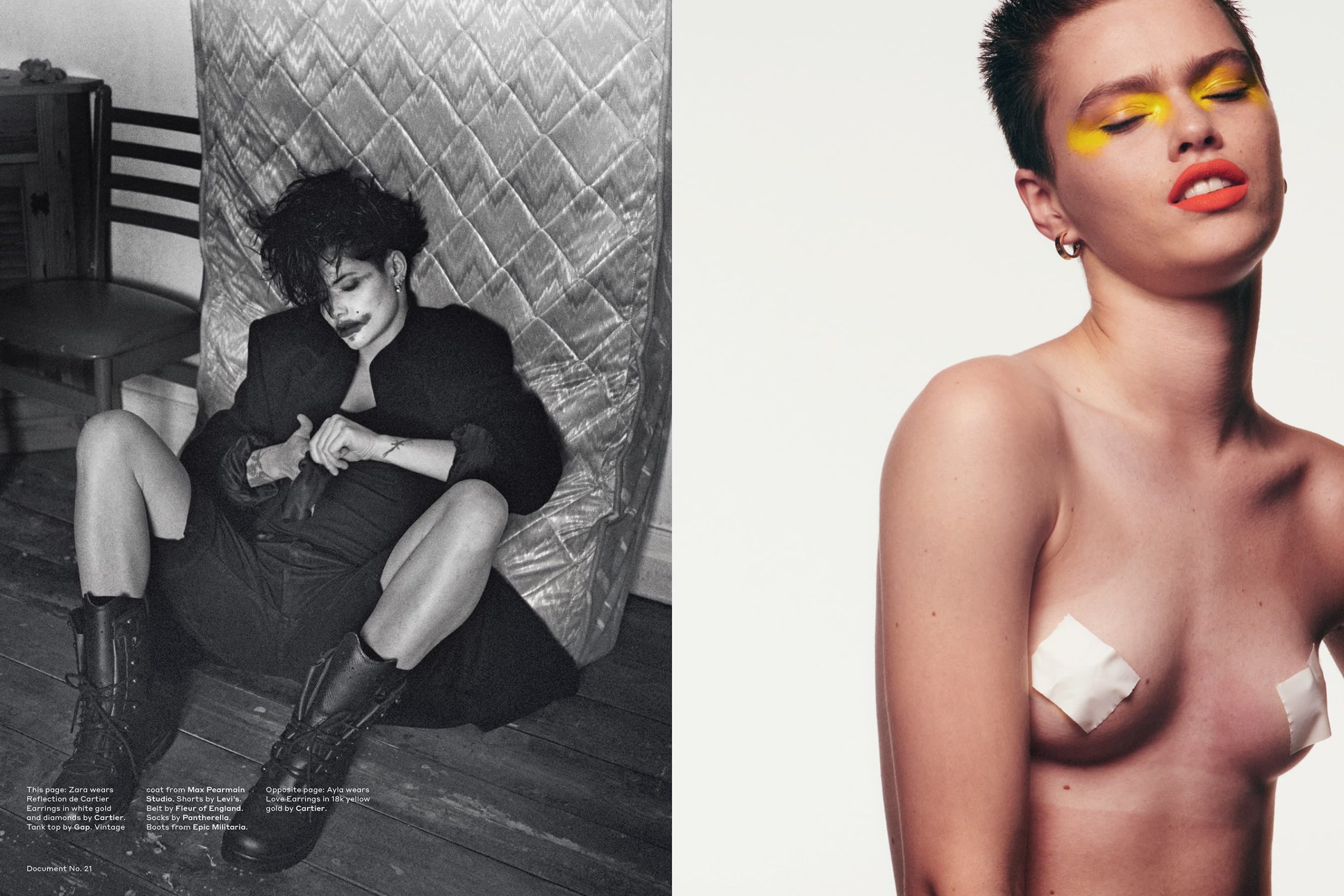
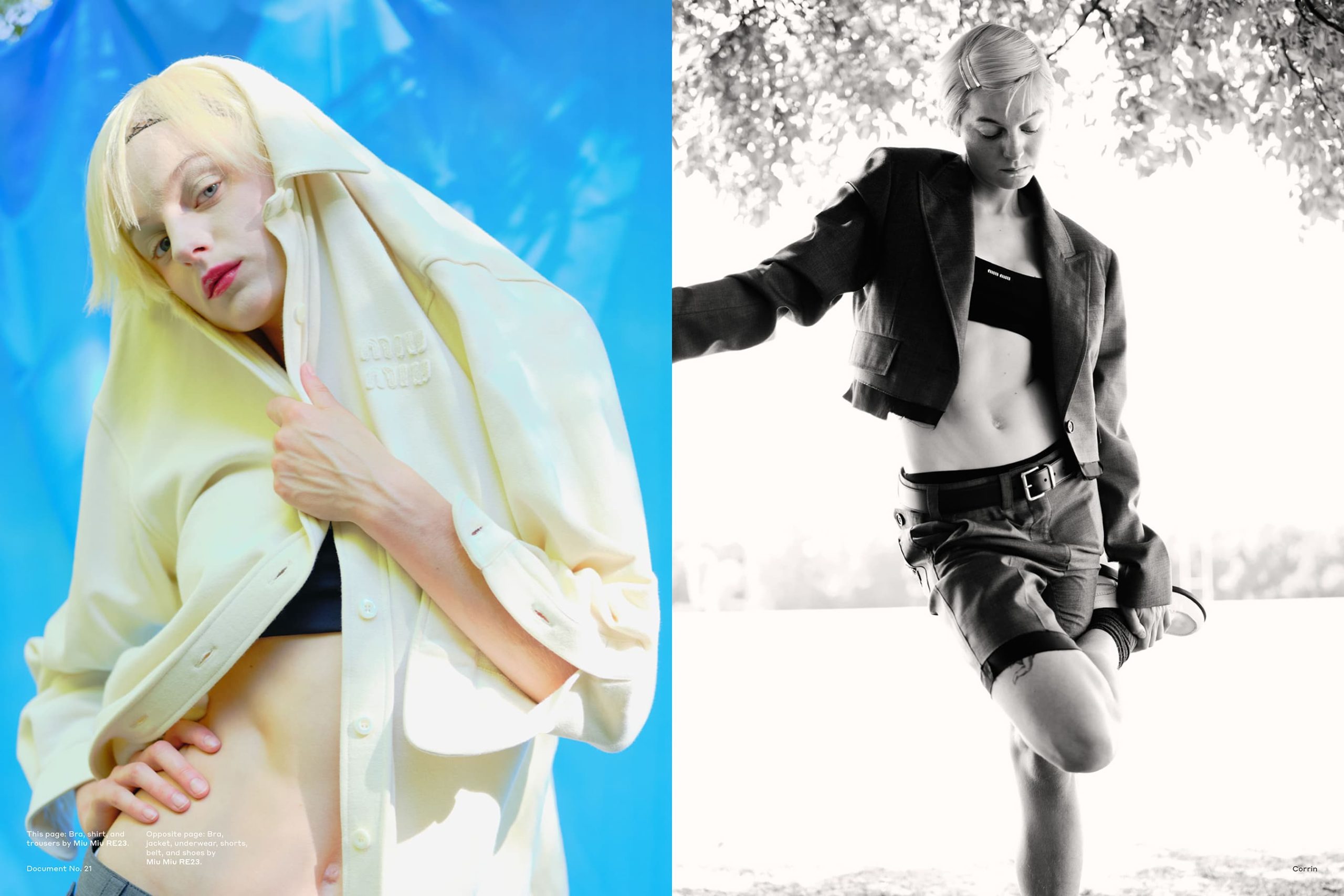
Mark Hooper: Do you have a target market? Who do you see as your typical reader, for instance?
Nick Vogelson: The Document reader is curious about the world, equally as interested in art and fashion as they are in politics, science, and literature. Our readership, both in print and online, is evenly split between the US, the UK, and Europe.
Mark Hooper: So, let’s backtrack a little to the new agency. Exciting. Can you tell us a little bit more about Idea Culture? Why did you launch it now, and what are your plans for it?
Nick Vogelson: For ten years, we’ve been working with the most inspiring talents across the creative world, emphasizing an intellectual experience. The clients who work with us are of the same mind. We like to connect points of view from culture to art to fashion, but now, we’re doing that through the lens of an advertising agency.
We are really eager to bring our approach to the field – to give brands an opportunity to really connect with their audiences on deeper levels, and to become significant cultural players.
– Nick Vogelson

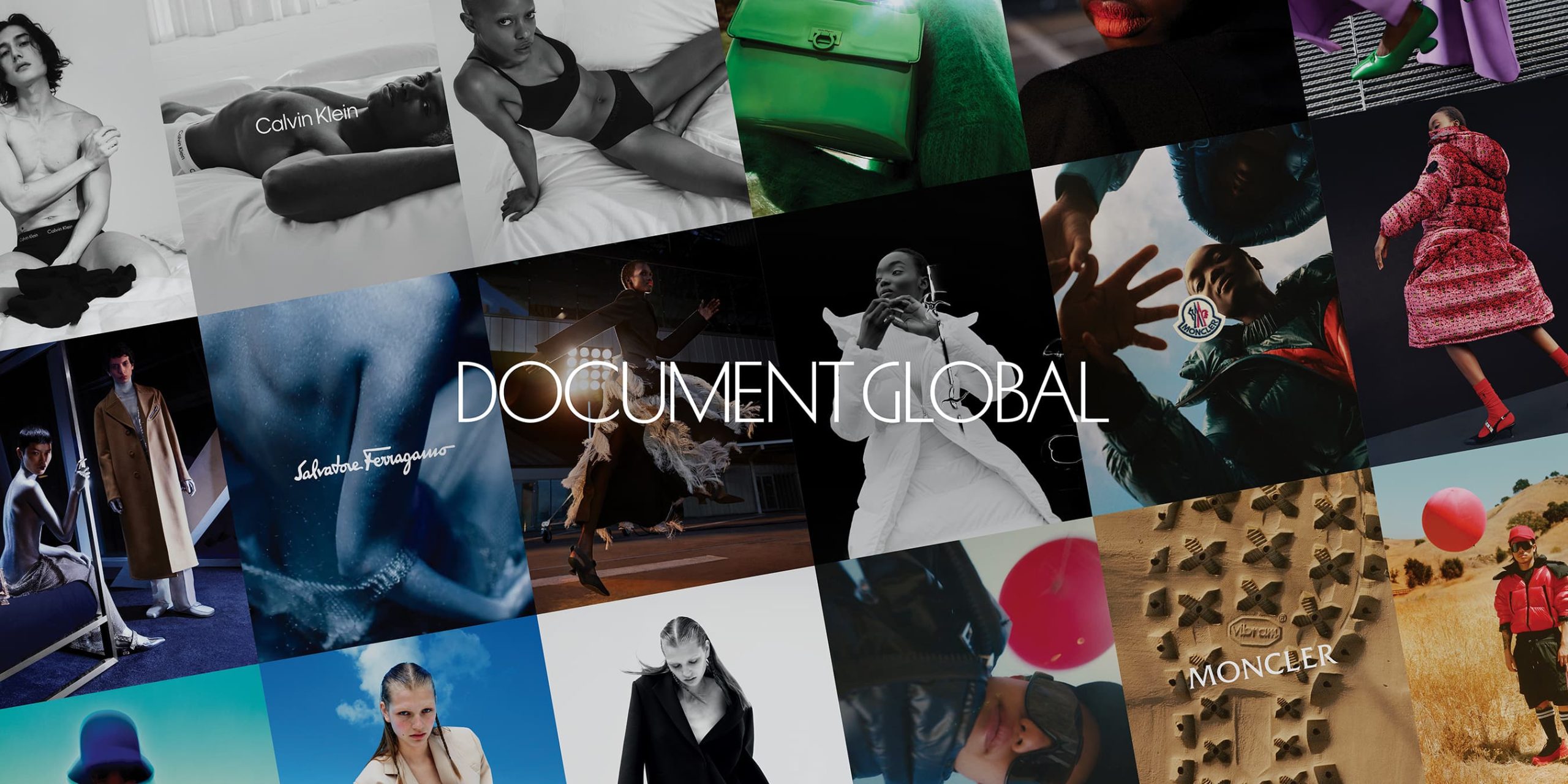
Nick Vogelson: Our clients really like this approach and our innate connection to culture, and we want to bring this framework to the industry at a large scale.
Sarah Richardson, the co-founder of Idea Culture, is an expert in the process of building a brand vision, while (also co-founder) Florian Eberhardt’s creative ideas and clarity in communicating concepts to clients are unmatched. And I like to think that my skills lie in my ability to make cultural connections across creative industries.
Mark Hooper: Talking of cultural connections – for marketers working for fashion brands, how can Document Journal help them?
Nick Vogelson: We are deeply invested in understanding the singular voice of our clients and partners. We pride ourselves on elevating each brand’s DNA with integrity while highlighting their visual vocabularies through a cultural lens. Our network allows us to leverage audiences a brand might not otherwise have access to and to evaluate new markets in which Document is looked to as a leading voice – not just fashion but also art, music, and literature.
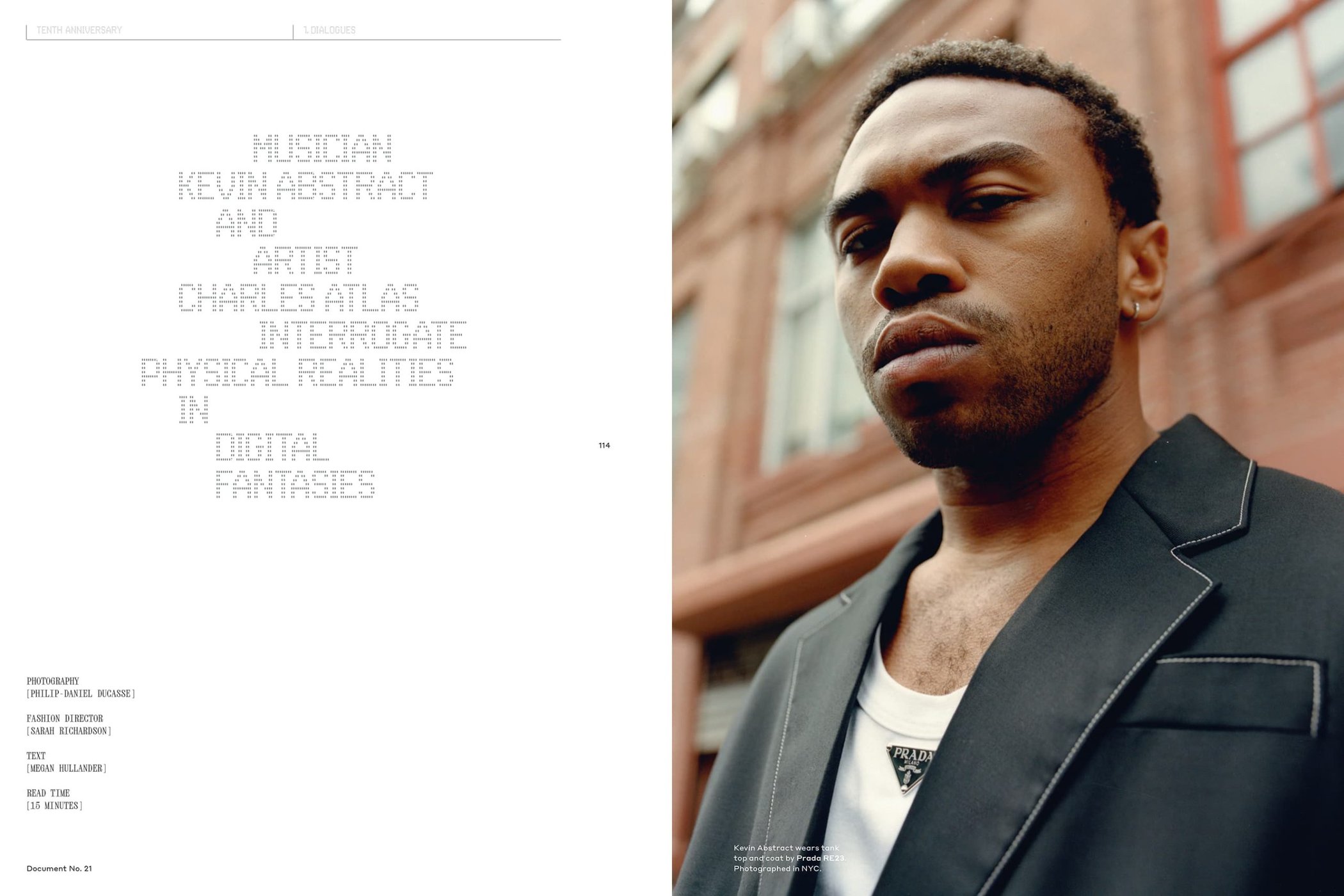
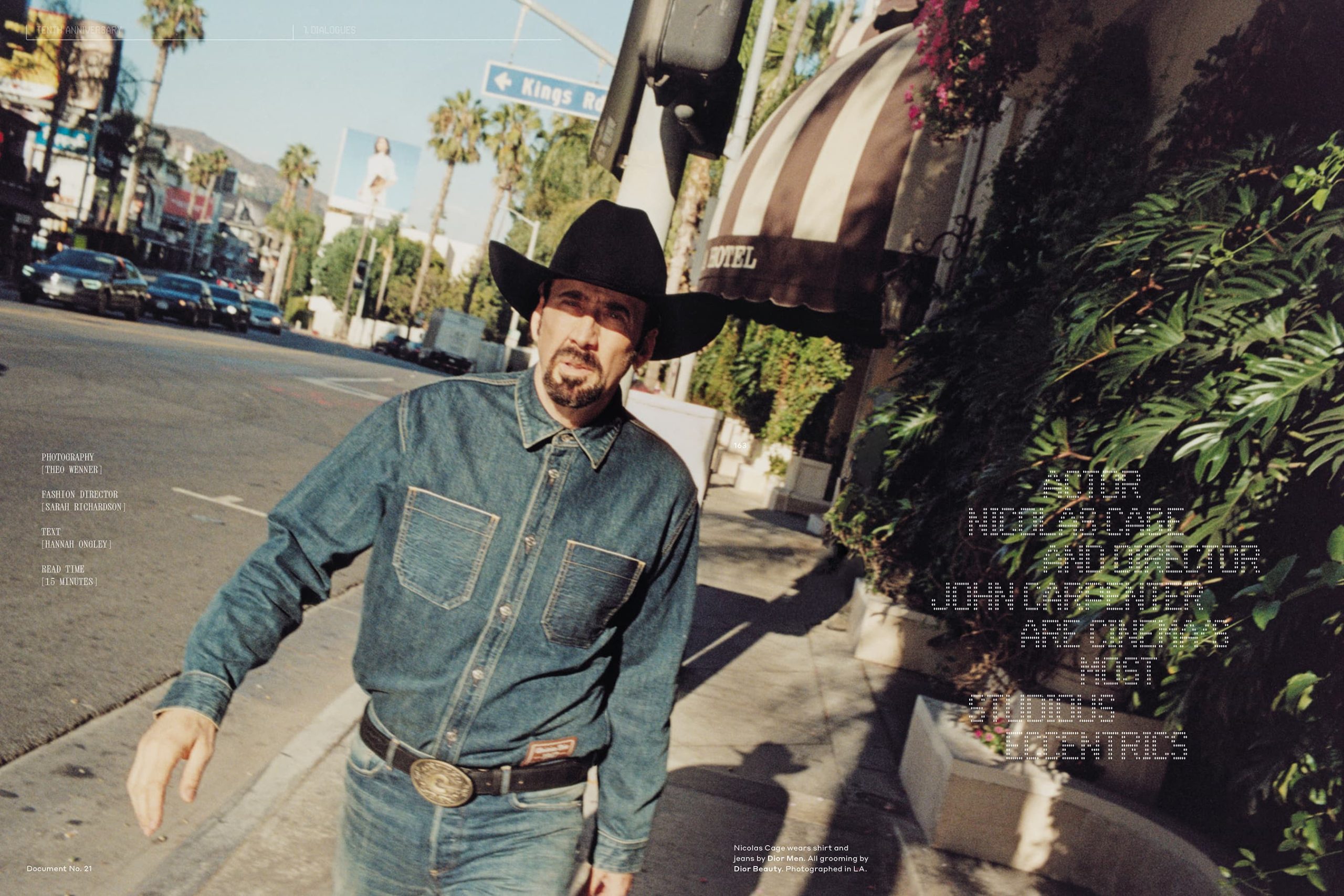

Mark Hooper: Can you explain a little about how you have partnered with brands in a commercial sense previously? And how will this evolve with the agency?
Nick Vogelson: From the outset, partnering with brands has been an intrinsic element of the Document model. We value the relationships we’ve established and maintained with our partners, and these collaborations have resulted in the coming-to-life of creative, compelling, and successful ideas.
The commercial aspect of these relationships provides us with the tools to create platforms for championing the creativity of our network, which has been rewarding both business-wise and personally for everyone involved. There’s a lot to say about what patronage means in a contemporary context, but we’ve worked hard at making sure that the commercial can inhabit spaces with the creative without sacrificing the latter’s authenticity or mission.
From global campaigns with brands like Salvatore Ferragamo, to our New Vanguard photography competition and mentorship program with Aperture Foundation and Calvin Klein, to digital content campaigns with Moncler and Nike, to culturally-driven activations like our recent dance performances in the streets of New York with Theory, and lecture series with Prada at Art Basel Miami, it’s safe to say we leave no stone unturned in our creative process.
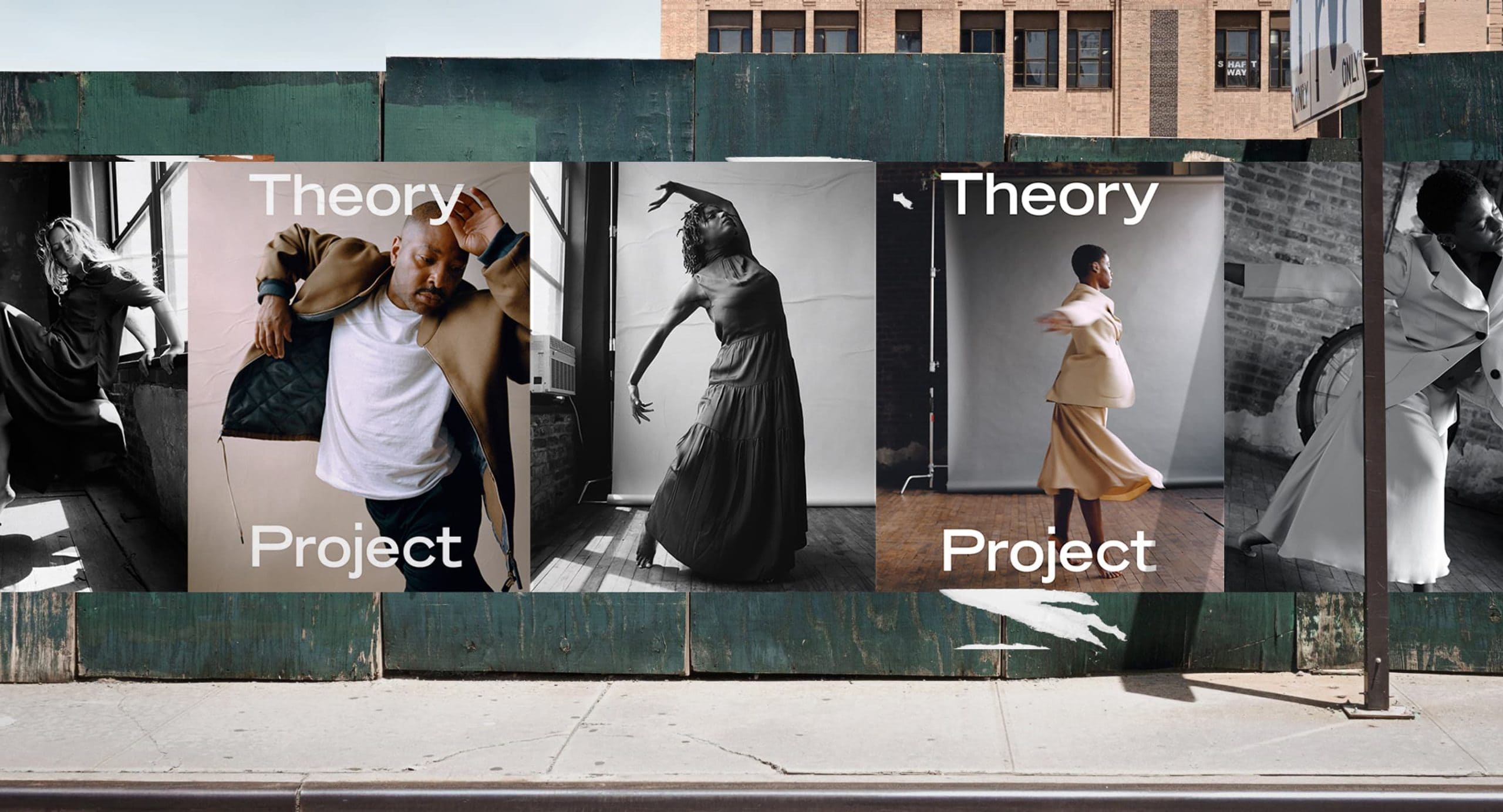
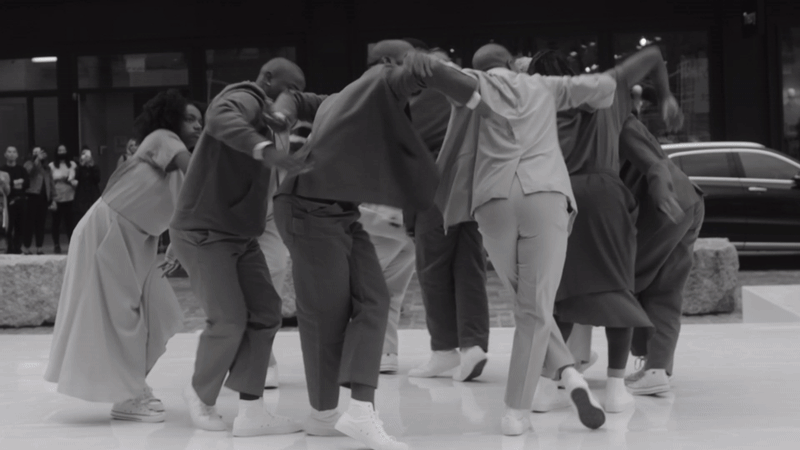
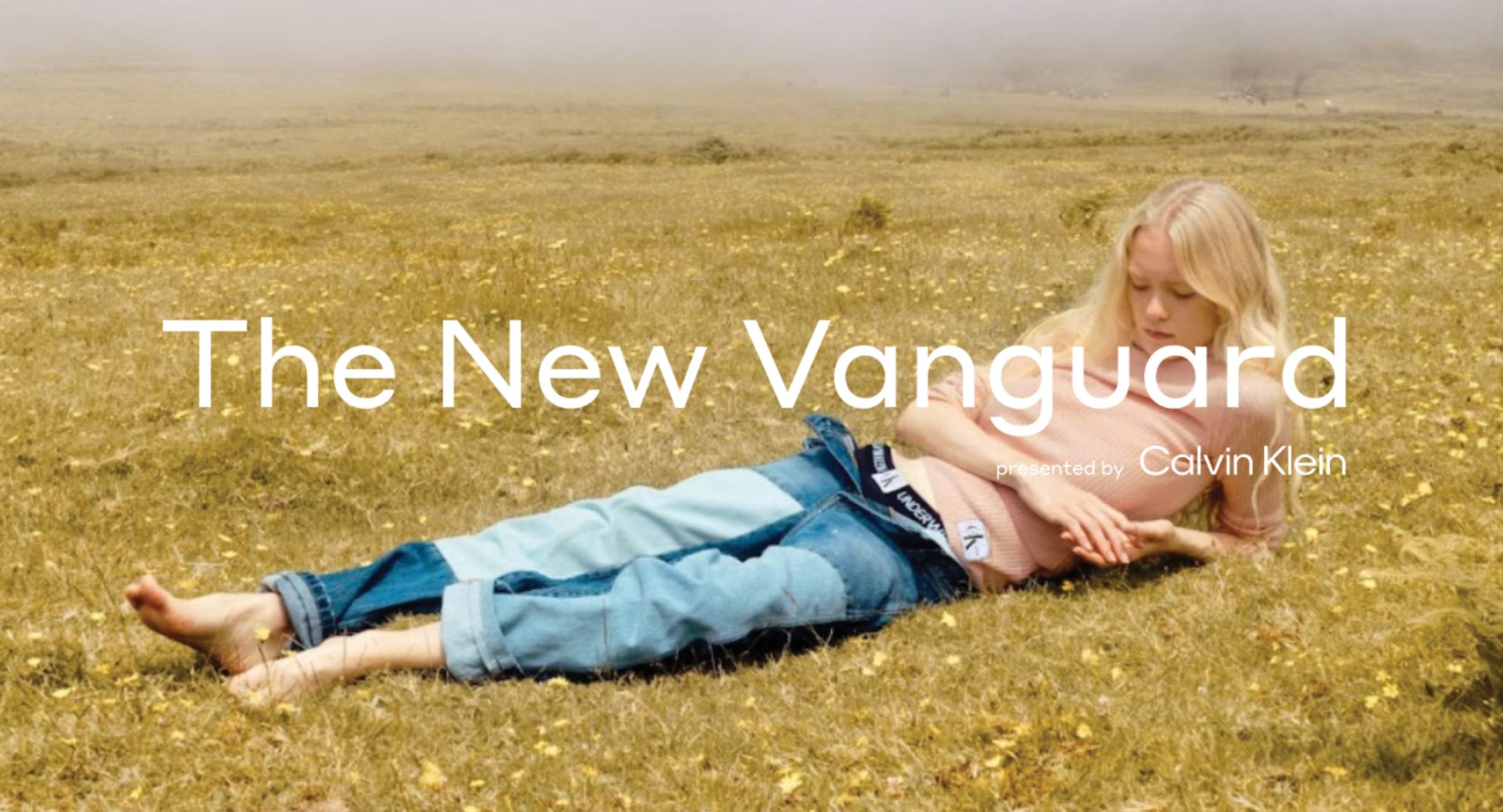
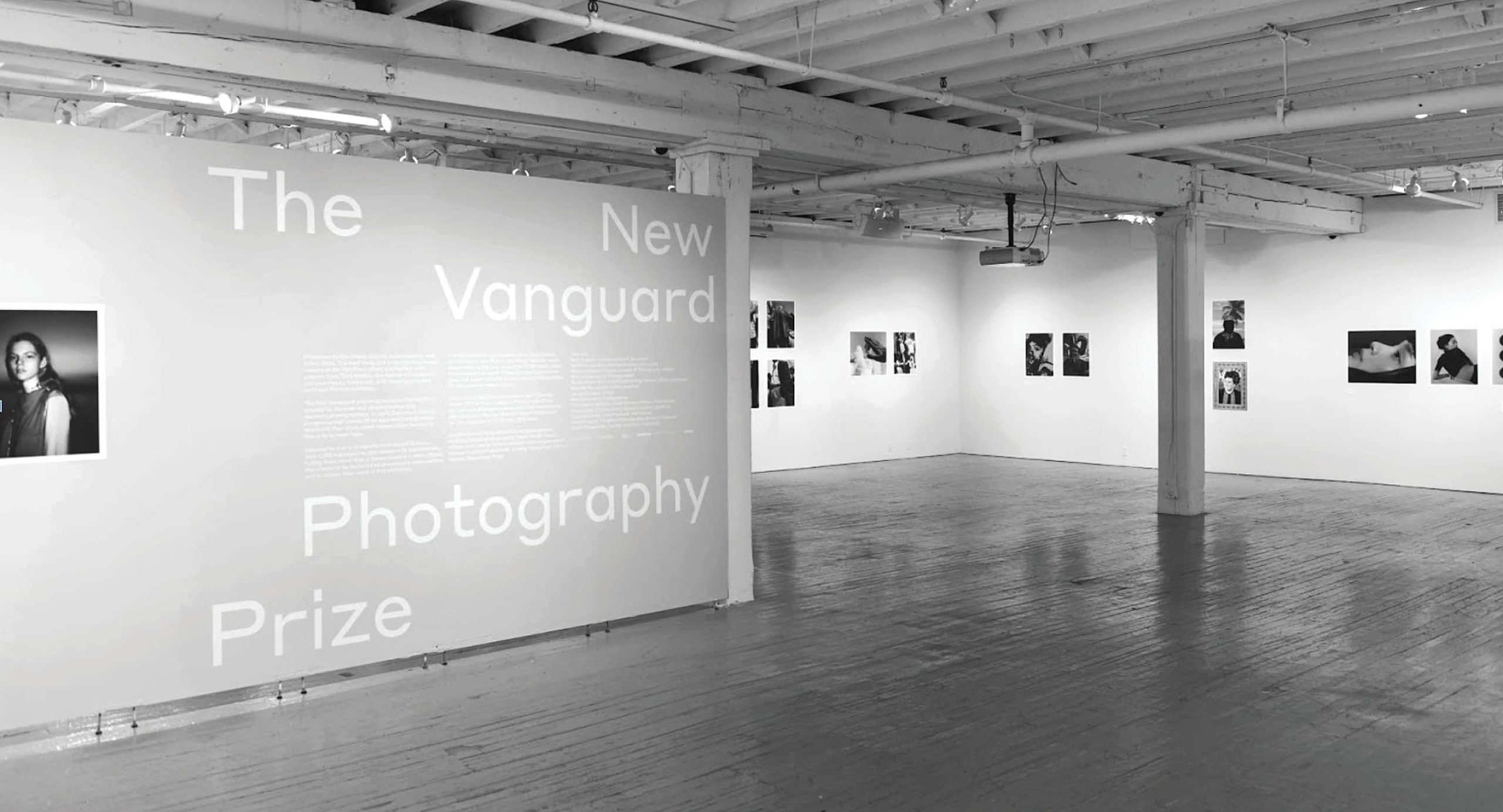
Mark Hooper: What is the balance between digital and print work for you?
Nick Vogelson: Document Online, Document Print, and Document Social are distinctive entities working in tandem. While print remains central to Document’s business model and will continue to be our foundation, Document Online is in constant dialogue with our audience and network.
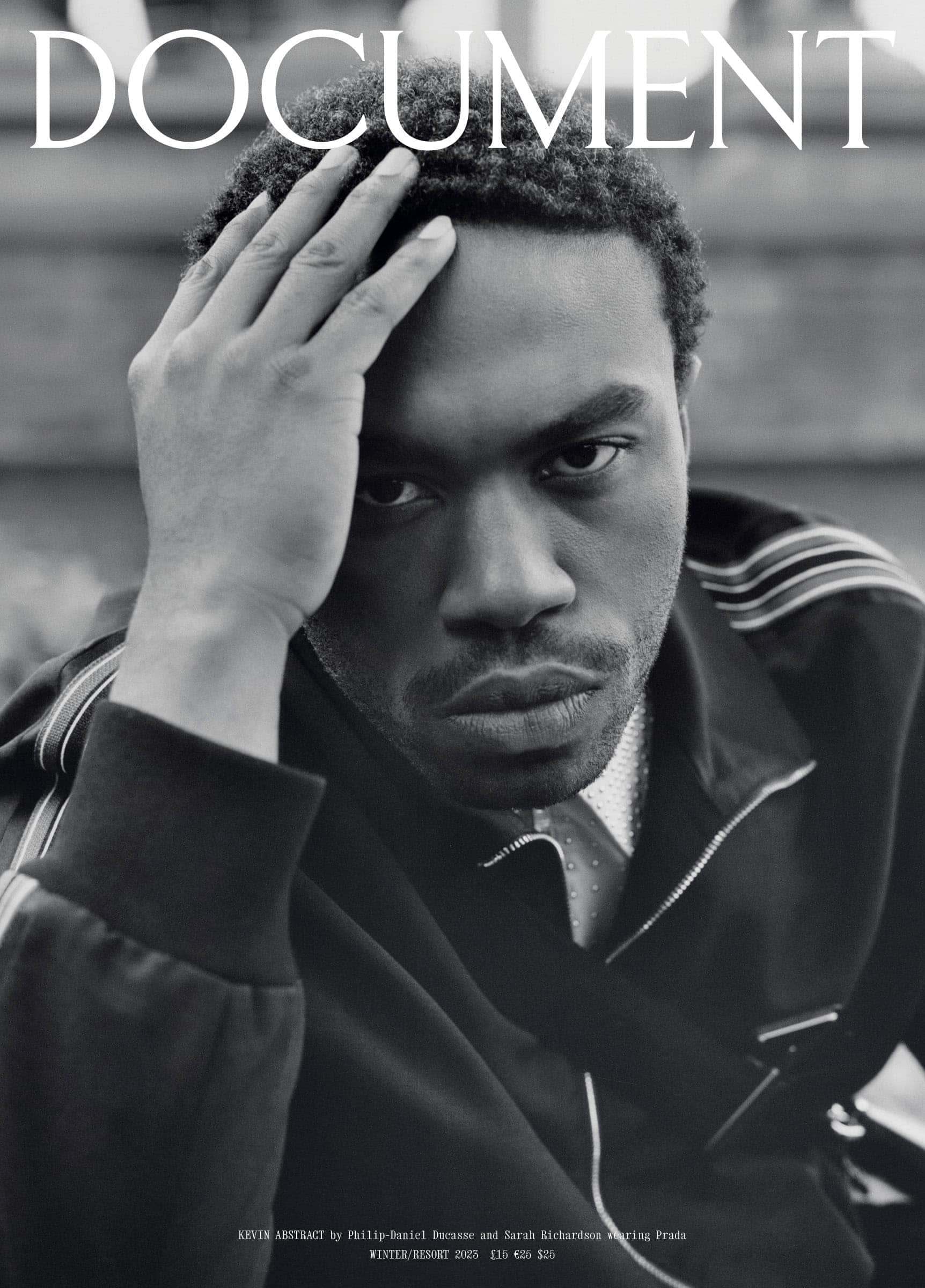
Mark Hooper: What is your measure of success?
Nick Vogelson: Success is such a personal thing, isn’t it?
I aim to stay grounded by connecting success to the satisfaction of telling a story we don’t feel has yet been told. Document was founded at a time when independent magazines in New York were folding or had shuttered – so our first measure of success was identifying a desire for a creative, non-commercial, yet collectible, luxury print publication that would transcend the ‘pivot to digital’ trend that everyone thought sounded the death knell of the printed word. In keeping with that origin story, my measure of success is the creation of an archive of the facets of our culture that won’t be around forever.
I think about the people we’ve worked with and celebrated who are no longer with us, and that not only humbles me but also ignites the fire under us to continue to feature stories across all generations.
Document isn’t just a snapshot of a time – it’s a chronicle of the culture at large.
– Nick Vogelson
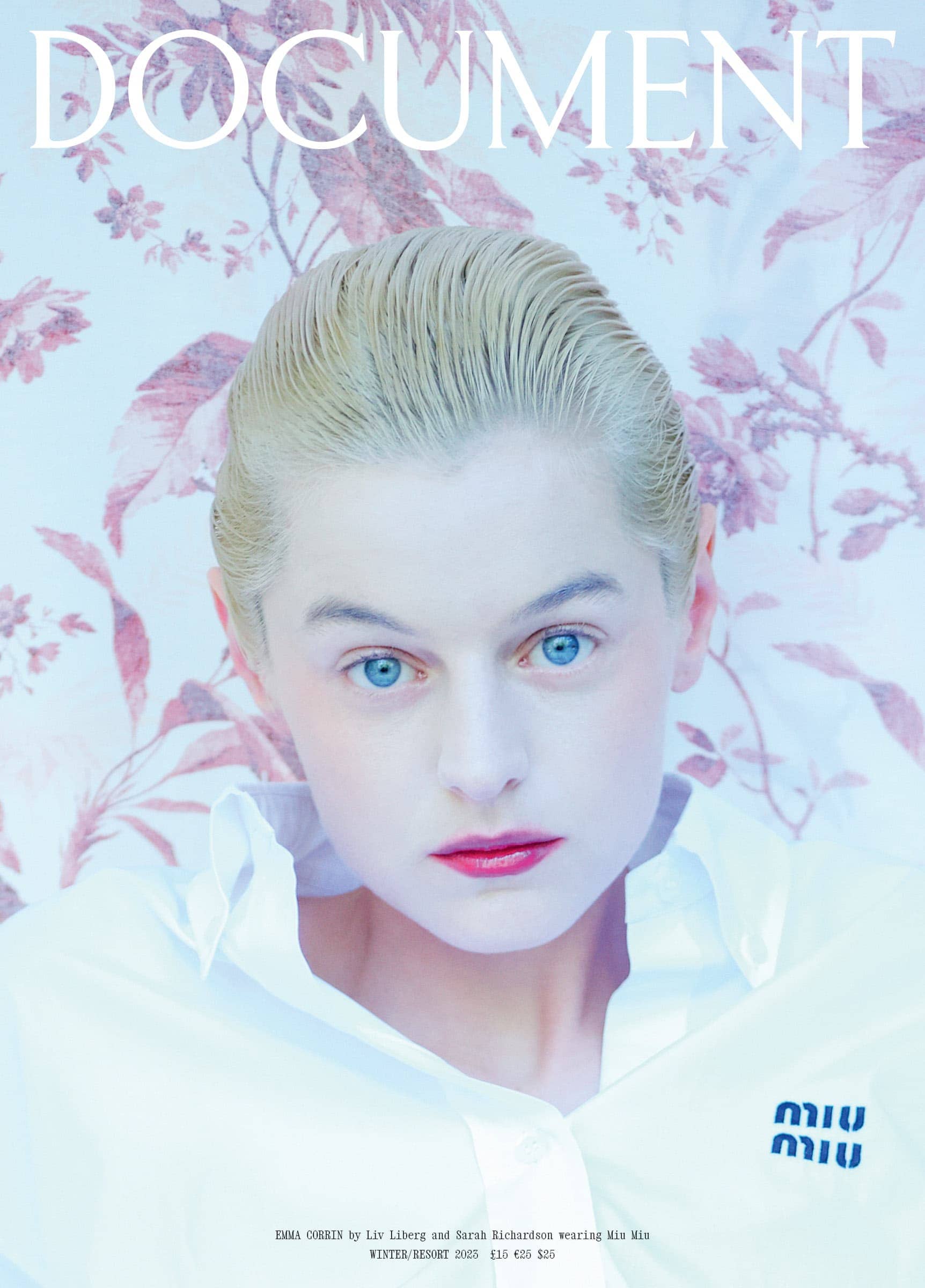
Mark Hooper: What has been the biggest lesson for you?
Nick Vogelson: By going against the grain of the publishing industry, Document was able to establish a strong DNA – and to stick to it – from our very first issue. We’ve learned many lessons over the past ten years as we’ve experimented with translating that DNA into content that traverses digital media. We are constantly looking back to our original identity and hopefully not losing sight of our core values.
I think the most important lesson is the one we learned at the beginning: don’t be afraid to take a risk, to trust your intuition, and to find what keeps you inspired.
Mark Hooper: And what are your future plans for Document as a whole now, in terms of both magazine and the agency?
Nick Vogelson: Identifying opportunities for storytelling across the cultural spectrum is a responsibility that remains at our core. The focus for 2023 is undoubtedly Idea Culture: creating a new kind of relationship between an agency, its clients, and its audiences is something we strongly believe in. We are also expanding the Document reach across publishing into new spheres of creative exchange with books, mentorship opportunities, and more.
www.documentjournal.com
@documentjournal
